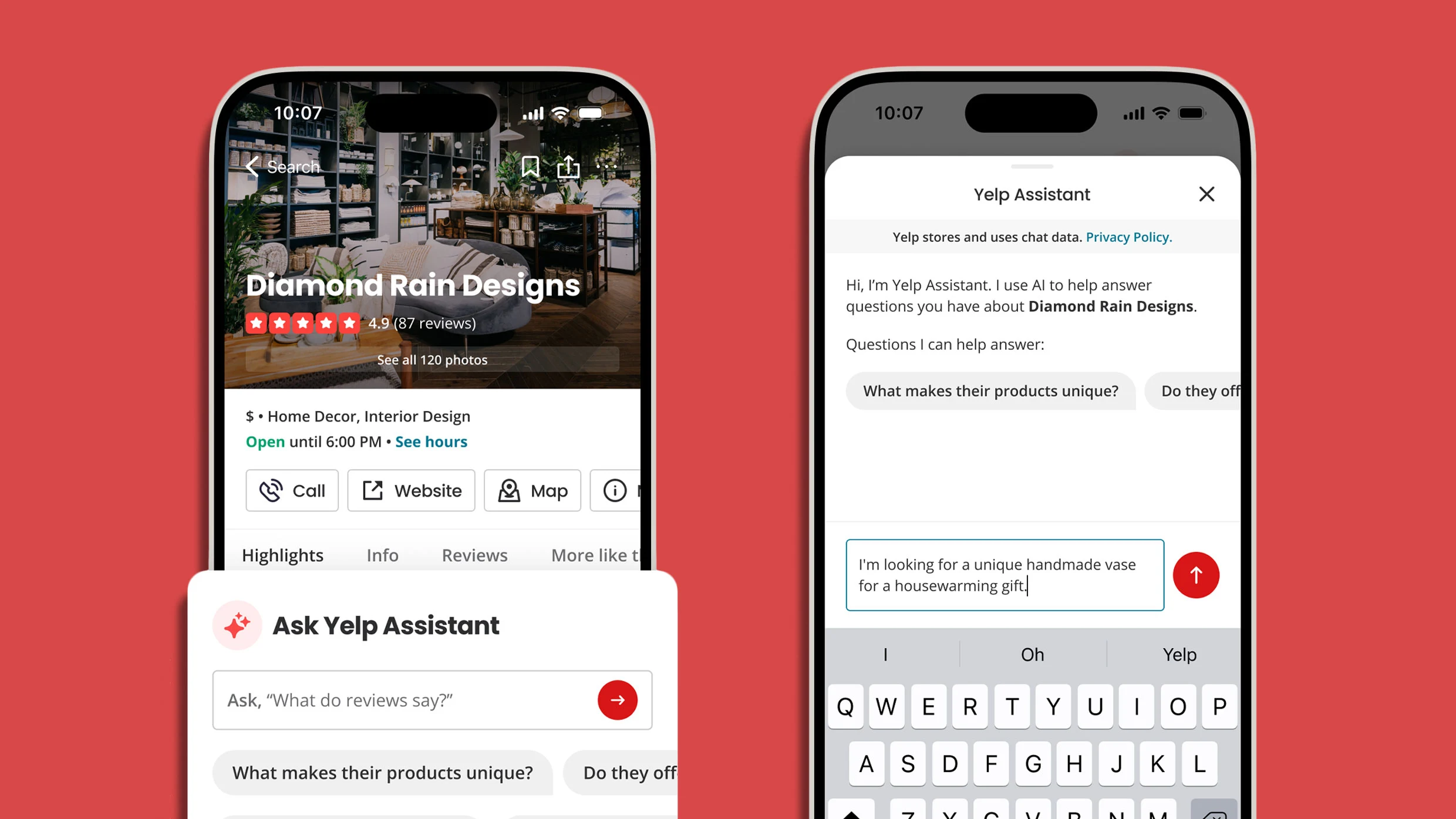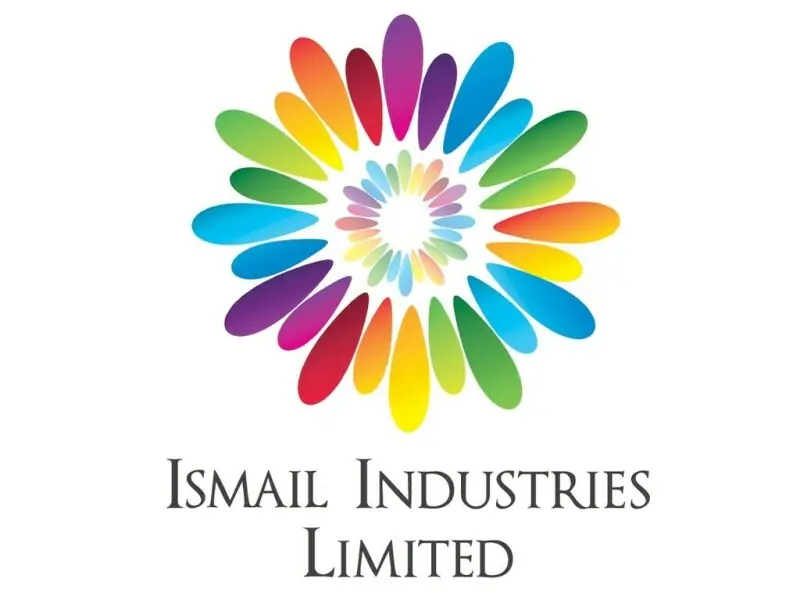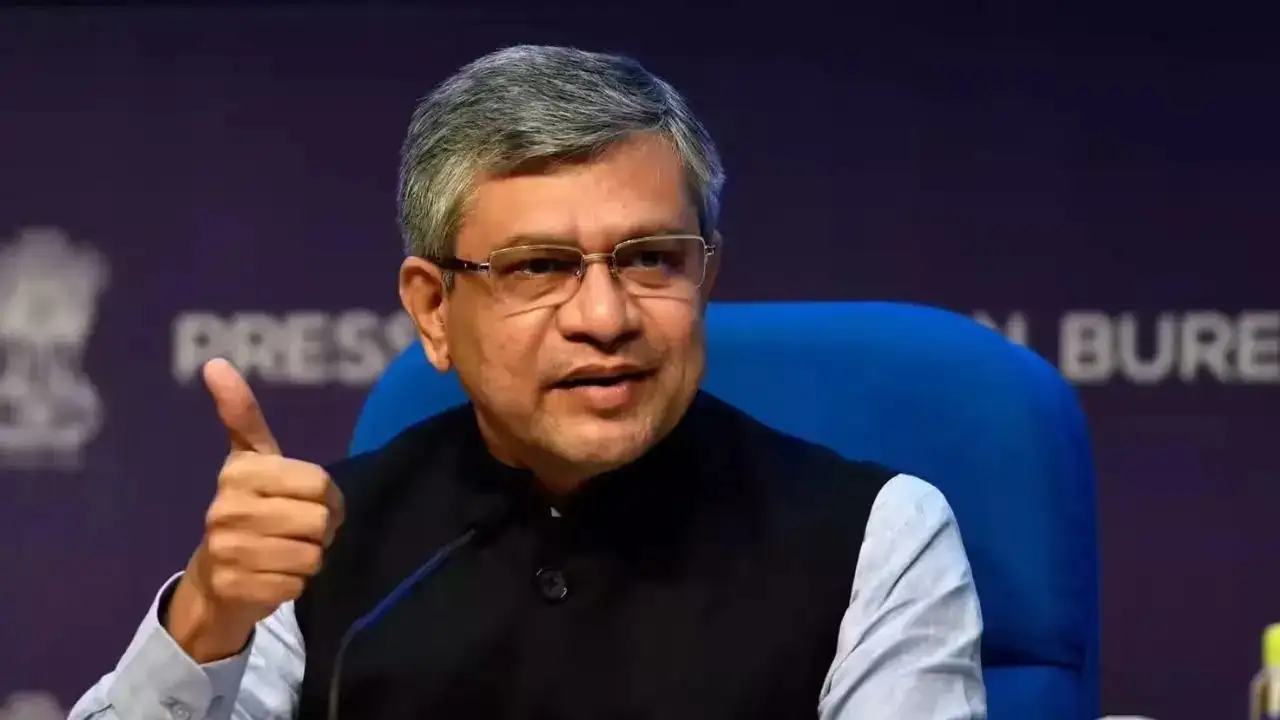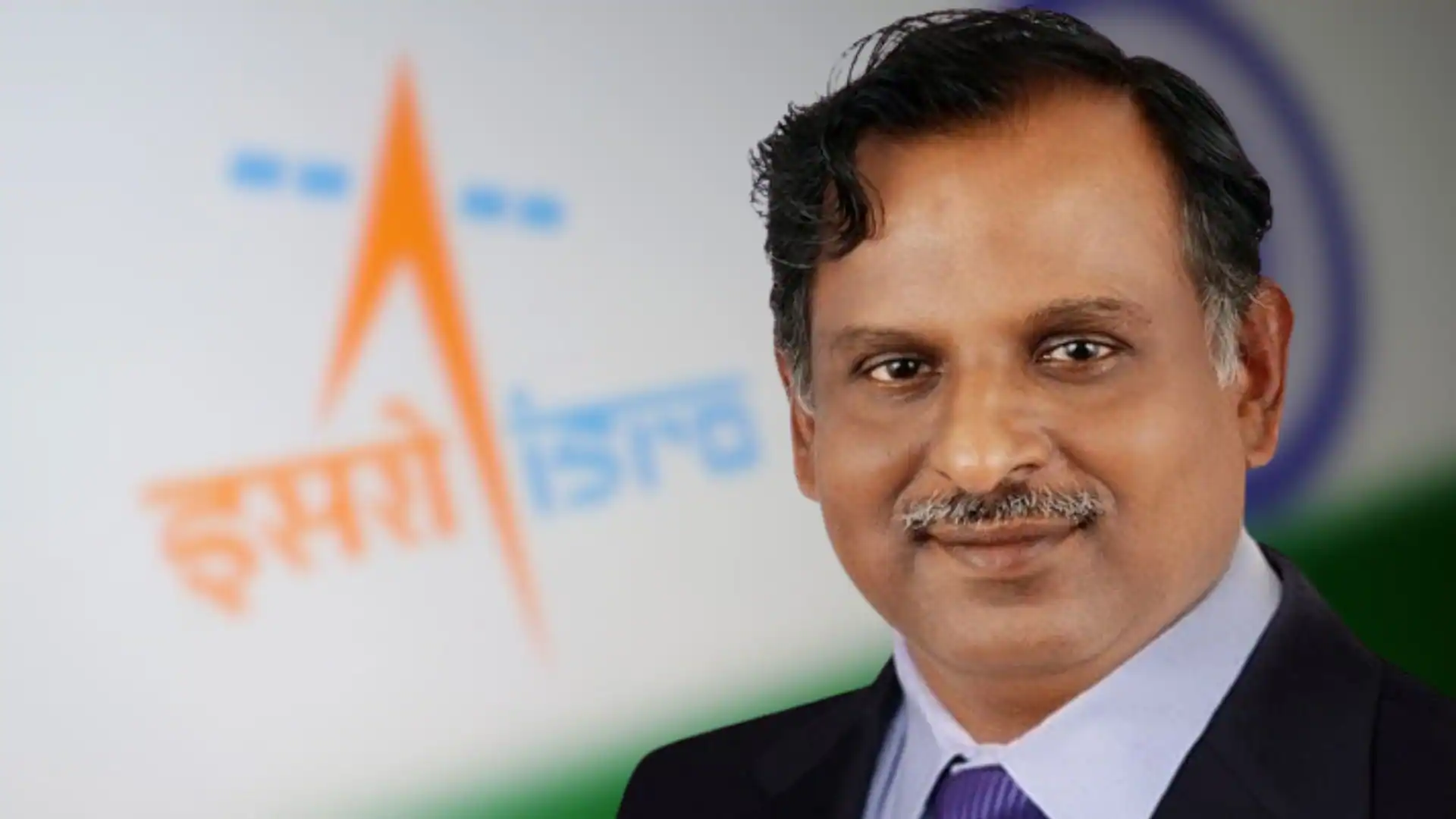Copyright latestly
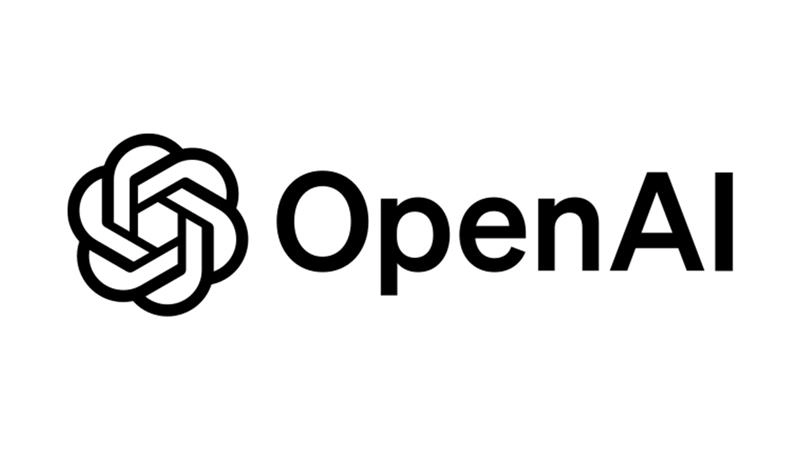
New Delhi, October 23: OpenAI has reportedly initiated a confidential project, internally called "Project Mercury", to train artificial intelligence (AI) to create financial models. The initiative seeks to streamline and automate tasks that are performed by junior bankers. Analysts in investment banking often work more than 80 hours per week when handling active deals. Their work involves creating models in Microsoft Excel for mergers and buyouts. They also dedicate a portion of their time to tweaking and updating PowerPoint presentations. OpenAI intends to enhance efficiency within the financial sector by reducing the need for repetitive manual work while enabling faster and accurate financial analysis. Sam Altman-run OpenAI has assembled a team of more than 100 former investment bankers to drive Project Mercury. The team reportedly include former employees from leading financial institutions, including JPMorgan Chase & Co., Morgan Stanley, and Goldman Sachs. Their expertise is being used to train AI systems capable of performing complex modelling tasks. Amazon Layoffs Coming? E-Commerce Giant May Replace Over 5,00,000 Jobs With Robots by 2033; ‘AI and Robots Will Replace All Jobs’, Elon Musk Reacts. What is Project Mercury? Project Mercury highlights ChatGPT maker OpenAI’s focus on making the company’s advanced AI tools more practical for businesses. It aims to serve multiple sectors, including finance, consulting, legal, and technology. As per a report of Bloomberg, an OpenAI spokesperson stated, “to improve and evaluate the capability of our models across different domains. Experts are recruited, managed and compensated by third party suppliers.” Participants are reportedly paid USD 150 per hour to write prompts and develop financial models for various transactions, like restructurings and IPOs. ChatGPT Atlas: OpenAI Introduces New AI-Powered Web Browser To Compete With Google Chrome; Check Features and Other Details. The application process for OpenAI’s Project Mercury reportedly requires very little human involvement. The initial stage consists of an approximately 20-minute interview conducted by an AI chatbot, which generates questions based on the candidate’s resume. In the second phase, applicants are evaluated on their understanding of financial statements. The final step challenges candidates with a modelling test to assess their practical financial analysis skills.
